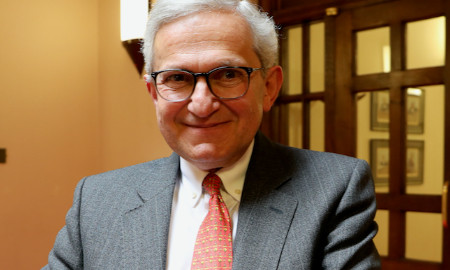Top Judge Calls for Regulation of AI in Judicial Decisions
AI could make judicial decisions in the future, but its use must be regulated, according to a top judge in England and Wales.
Master of the Rolls, Sir Geoffrey Vos, addressed the Law Society of Scotland’s Law and Technology Conference last week, stating his belief that AI will eventually be used to make some decisions within the legal system. However, he emphasized the importance of developing mechanisms to regulate the use of generative AI in order to ensure access to justice and effective legal advice and dispute resolution.
Vos highlighted the need for controls if AI were to make judicial decisions, including transparency for parties to know whether a decision was made by a human judge or a machine, as well as the option for an appeal to a human judge.
His comments come amidst a growing debate over the use of generative AI in the legal profession, particularly following the release of OpenAI’s ChatGPT tool. Vos cautioned against relying solely on AI tools like ChatGPT, citing a recent case in New York where a lawyer used the tool to provide bogus case examples in a personal injury submission.
While acknowledging the potential benefits of AI tools for tasks like drafting and document review, Vos stressed the importance of verifying AI-generated results. He noted the need for specialized legal AIs and highlighted tools like Spellbook, which claims to assist with contract language review.
Vos also emphasized the limitations of current AI tools, such as ChatGPT’s limited knowledge of legal developments post-2021 and its factual accuracy rate of 70-80%. He suggested that AI tools must be trained to understand legal principles in order to provide accurate legal advice and assistance with dispute resolution.
In conclusion, Vos called for regulations or professional codes of conduct to govern the use of AI tools in litigation preparation and to hold lawyers accountable for their use. He emphasized the need for AI tools to develop a reliable moral compass and suggested that court rules may need to fill the gap in the meantime.


